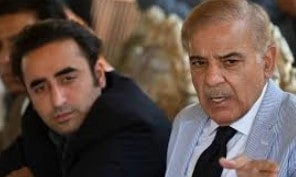In Karnataka, a prominent leader of a Hindu group has been arrested following remarks that authorities deemed to be provocative and inflammatory. This incident has stirred significant attention and concern regarding communal harmony in the region. The leader, known for his strong rhetoric, made statements that were seen as inciting tensions between different religious communities. Law enforcement officials acted swiftly, citing the need to maintain peace and prevent any escalation of conflict in an area that has witnessed its share of communal strife in the past.
The arrest has sparked a wave of reactions from various quarters, with some applauding the police action as a necessary step to uphold law and order. Supporters of the Hindu leader argue that his comments were taken out of context and that he was merely expressing the sentiments of a community that feels marginalized. Critics, on the other hand, argue that such inflammatory rhetoric can lead to violence and social discord, particularly in a diverse state like Karnataka, where multiple religions coexist.
This incident underscores the ongoing challenges of managing communal relations in India, where the intersection of religion and politics often leads to heated debates and confrontations. The state government, alongside law enforcement, is tasked with navigating these complex dynamics, ensuring that the rights to free speech are balanced with the imperative to maintain peace. As the situation develops, many are watching closely to see how authorities will handle the aftermath of this arrest and whether it will lead to a broader dialogue about responsible speech and community relations. The implications of this event could resonate throughout the region, influencing not only local politics but also the national discourse on religious tolerance and freedom of expression.



